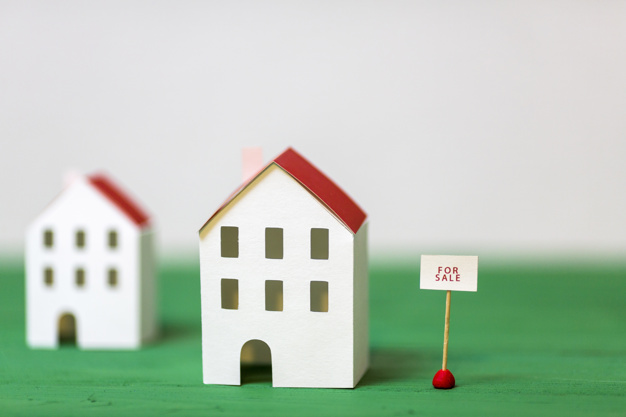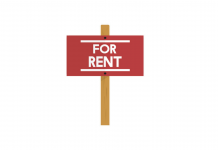But is it a fact that freehold property/land is more worth buying? Or is it just a myth conjured from assumptions or optimistic ideals?
Take a look at some of the common assumptions and sort out the fact from fiction:
1. You own a freehold property/land forever
Status: Denied (kind of)
Though perpetual ownership is entitled to freehold land/property owners, the fact is that ALL freehold lands/properties are subject to the Land Acquisition Act 2010. This act gives the government the right to acquire them if deemed necessary.
The owner will then be compensated an amount depending on the market value of the land/property. So NO, freehold does not equal guaranteed ownership forever.
See Also: What To Do When The Government Wants Your Land
2. Freehold properties/lands are higher in value than those of leasehold
Status: Likely
Not all leasehold properties/lands will be cheaper than freehold ones. Other factors such as location, property type, built-up area etc. will have to be taken into account.
However, if 2 properties, one leasehold and the other freehold are similar in every single aspect, the leasehold one will typically be priced 20% lower than the other freehold property.
Apart from that, the price of properties is also affected by the principle of supply and demand. Hence, if freehold properties are more in demand by buyers, it is without question that their value will be higher, be it in the short or long term.
So there’s no saying that leasehold properties will definitely be cheaper than freehold ones in price.
3. Freehold property/land enjoys better appreciation over time
Status: Confirmed
Although there have been accounts evidencing that both freehold and leasehold properties/lands experience appreciation at comparable rates. This is only applicable for the first 20 to 30 years of the leasehold tenure. After that, the value of those leasehold properties/lands remains stagnant before deteriorating as the end of the tenure inches closer.
For that reason, freehold properties are a better bet if you’re looking for a property which can appreciate or remain in value over the long run.
4. Financing for freehold property/land is easier to obtain than leasehold ones
Status: Confirmed
Banks are less than willing to finance buyers who want to purchase leasehold properties. More so those with few years (even decades) left on their tenure. But if you do manage to secure a bank loan for a leasehold property, the loan amount can be significantly lower than the maximum 90% margin of financing.
5. Leasehold properties are harder to sell
Status: Confirmed
Leasehold properties, especially those which are older and are nearing the end of their tenure, are harder to sell. This is due to the fact that the renewal of the lease is uncertain, where its extension is determined solely by the local authorities. Hence, not too many buyers are keen to take the risk of buying a leasehold property and not be able to renew the lease- few potential buyers equal a harder sell.
The Verdict: Buy Freehold When You Can
Given that all other aspects of property type, size, location, facilities etc. are equal, it is always better to opt for those which are freehold.
Leasehold Properties Come With Their Perks
Freehold status is a highly attractive feature for new developments. With that, developers see the need to make leasehold projects more attractive to buyers. Hence, most new developments which are leasehold will offer more value-for-money benefits in terms of facilities, design themes, finishings etc. than freehold ones.
Location is also an important factor in the property market. For instance, there are large parts of coveted locations like Nairobi are leasehold.
Future Prospect: Affordability Over Freehold Status
As the price of homes become increasingly expensive, the determining factor of whether a property is worth buying may no longer weigh solely on its tenure status. This may be especially true for first-time homebuyers, where affordability is the first hurdle to tackle when buying a home.
Given the high demand for freehold properties, the supply may be limited and could even reach a point in time when buyers may not have much of a choice. By then, the factor of freehold or leasehold could even be rendered meaningless.
Conclusion
In the end, it depends on individual buyers on whether it is worth compromising on freehold status for other factors like affordability and location.














